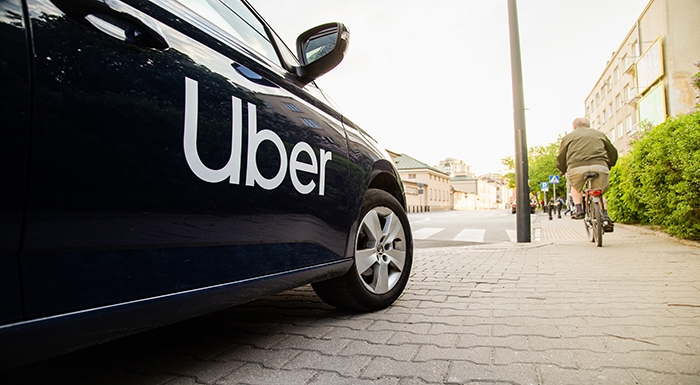Uber’s Call for Change in Europe Shirks Responsibility while Highlighting Real Challenges

Fairwork researchers respond to Uber’s white paper “A Better Deal: Partnering to improve platform work for all”
By Shelly Steward, Kelle Howson, Patrick Feuerstein, Pablo Aguera, Fabian Ferrari, Funda Ustek-Spilda, Srujana Katta, Matthew Cole, Mark Graham
In recent years, gig economy companies have faced mounting legal challenges around the world. We have witnessed a rising tide of public and worker dissatisfaction with the insecure and precarious conditions offered by many platforms, including Uber, Deliveroo, and others. These platforms typically rely on a business model in which workers are hired as independent contractors without the legal protections afforded to employees, including a minimum wage, participation in social insurance programs, safe working conditions, and collective bargaining rights. Policymakers and courts across Europe have begun to address these conditions, with courts in Spain, Italy, the Netherlands, France, Belgium, and the UK ruling in favour of reclassifying gig workers.
Against this backdrop, Uber published a white paper this week calling for its exemption from labour laws in the EU. Though framed as a call for better working conditions for drivers, the paper actually calls for a law change to legitimize a lower level of protection for platform workers than most European workers benefit from. Uber asserts that it recognizes the need for improved conditions, but is dependent on regulatory change to realize that goal. The company’s recognition of dissatisfaction among drivers is commendable. However, it is already well within their locus of control to address this dissatisfaction and improve conditions for its drivers under existing legal frameworks.
The white paper reproduces the strategy taken by Uber in California where, after the state introduced new regulation that would have extended employee benefits to platform workers, they and several other prominent platforms successfully pushed for a watered-down alternative. The platforms spent approximately US$200 million persuading voters on their ballot measure, Proposition 22, which exempted delivery and transport platform workers from classification laws in exchange for stripped-back versions of workplace benefits that have already been shown to be inadequate. It is no surprise to see the company extending this strategy to Europe shortly in advance of a February 19th ruling in a UK Supreme Court case challenging the classification of drivers and the European Commission’s consultation with workers and employer representatives to inform gig economy regulation on February 24th.
All workers, regardless of how their work is arranged, deserve decent wages and safe working conditions. Labour law provides these basic rights; and work arranged via a platform does not require a radical new approach. The benefits proposed in Uber’s white paper, like those provided under Proposition 22, represent weakened versions of those afforded to employees. We need to strengthen and expand existing labour protections in order to improve conditions, not create additional exclusions and exemptions that leave millions behind.
Uber’s focus on policy change, furthermore, downplays the company’s significant influence over conditions in the gig economy. By calling for new regulations, the company is shifting responsibility for workers’ conditions to other actors, when it could step up to the plate and provide an exemplar of how a platform can treat its workers. Whilst we applaud Uber’s awareness of the need for change, we urge them to live up to their call. The company has long set the blueprint for the gig economy, and, perhaps more than any other actor, is positioned to enact immediate change to improve the lives of their workers under current legal frameworks.
Fairwork’s platform ratings have repeatedly found Uber to fall short of our benchmarks of fair platform work. The Fairwork Principles, co-created with workers, trade unions, regulators, and academics from around the world, provide a global standard for fair working conditions in the gig economy. Across the three countries we have scored Uber in so far, they have been unable to consistently document that they pay all workers the local minimum wage, mitigate risks, have due process for decisions affecting workers, or provide mechanisms for workers to voice complaints. Other platforms show better conditions are possible, documenting, for example, not only a living wage but one that covers expenses as well. The conditions of insecurity faced by workers are the result of choices made by platforms, and our rankings demonstrate that better labour standards are possible within the current regulatory framework.
Uber’s white paper is an attempt to narrowly define the parameters within which the debate about platform working conditions can take place. It is corporate lobbying masquerading as progressivism. Exceptions from employment law might be limited to sectors like driving and delivery today, but could soon become the norm for a much wider range of jobs throughout the labour market.